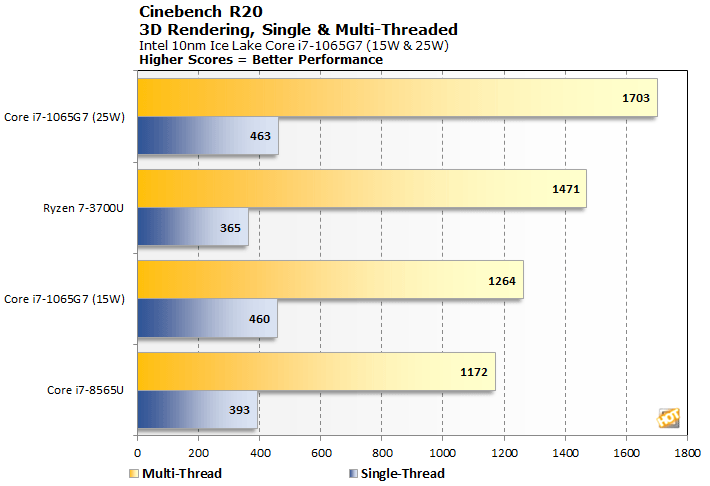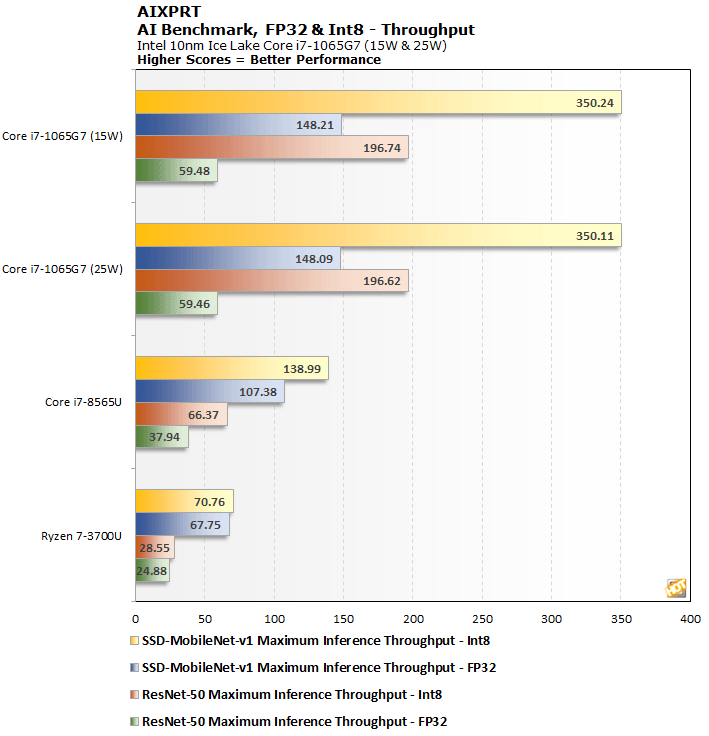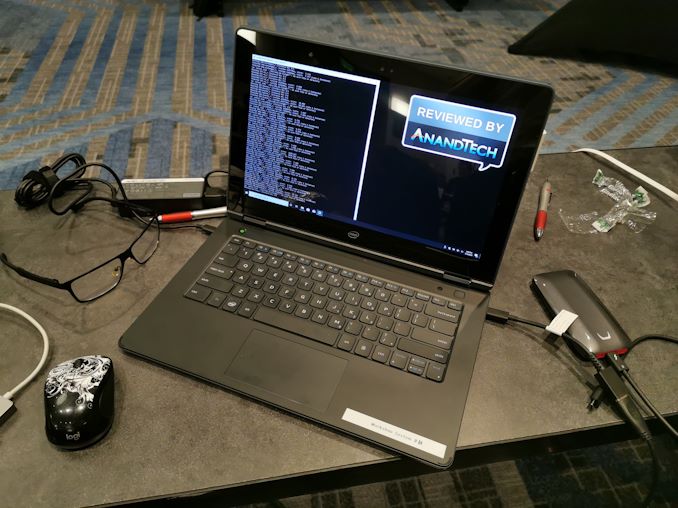Leonidas
Member
Intel has launched 10nm CPUs today. Intel 10nm is comparable to TSMC 7nm. Intel is the first to have a CPU of this level in the mobile space.
Previews:
Anandtech
HotHardware
PCWorld
The IPC they are talking about is the 18% that Intel previously announced which gives this CPU the highest IPC ever on a similar process to TSMC 7nm. Impressive stuff.
I'm not going to steal all their benchmarks, check their site for more but here are a few.


-First Intel 10nm CPU (comparable to TSMC 7nm, which doesn't exist in a laptop today)
-Deep Learning
-Variable Rate Shading
-Adaptive Sync (Free-Sync)
-Thin and Light
-Highest Performance at 15w
-Fastest Intel integrated graphics on par with Vega mobile graphics
Previews:
Anandtech
HotHardware
PCWorld
On the graphics side of things, chips equipped with Intel's latest Iris Plus graphics hit up to twice the performance when compared to 8th Gen CPUs, Intel claims. Based on Intel's Gen11 graphics architecture, the integrated GPUs come with built-in support for VESA's Adaptive Sync standard — a first for Intel graphics. According to Intel, the increases in graphics performance with this generation of chips should allow for smooth 1080p gaming in games like Fortnite and Dirt Rally 2, along with more efficient 4K video editing and photo processing.
The final big addition with the 10th Gen is the inclusion of a dedicated instruction set, Deep Learning Boost, for accelerating neural networks and AI workloads. The company claims up to 1 teraflop of GPU engine compute performance for "sustained, high-throughput inference applications like video stylization, analytics and real-time video." The company has also included a dedicated engine for background AI tasks like voice processing and noise suppression.
Read more at https://www.windowscentral.com/intel-launches-first-10th-gen-ice-lake-cpus-laptops-11-chips-all
The IPC and single-thread performance enhancements Intel disclosed in regard to Sunny Cove (the microarchitecture at the heart of Ice Lake) are the real deal. Of course, they have been a long time coming with all that Intel has had to contend with getting a next-gen architecture based on its 10nm process out the door, but in the end the Core i7-1065G7 lead in all of the single-threaded testing. Versus the previous-gen Whisky Lake based Core i7-8565U, multi-threaded performance was better across the board as well.
Read more at https://hothardware.com/reviews/intel-10nm-ice-lake-performance-and-benchmarks
The IPC they are talking about is the 18% that Intel previously announced which gives this CPU the highest IPC ever on a similar process to TSMC 7nm. Impressive stuff.
I'm not going to steal all their benchmarks, check their site for more but here are a few.


-First Intel 10nm CPU (comparable to TSMC 7nm, which doesn't exist in a laptop today)
-Deep Learning
-Variable Rate Shading
-Adaptive Sync (Free-Sync)
-Thin and Light
-Highest Performance at 15w
-Fastest Intel integrated graphics on par with Vega mobile graphics
Last edited:




